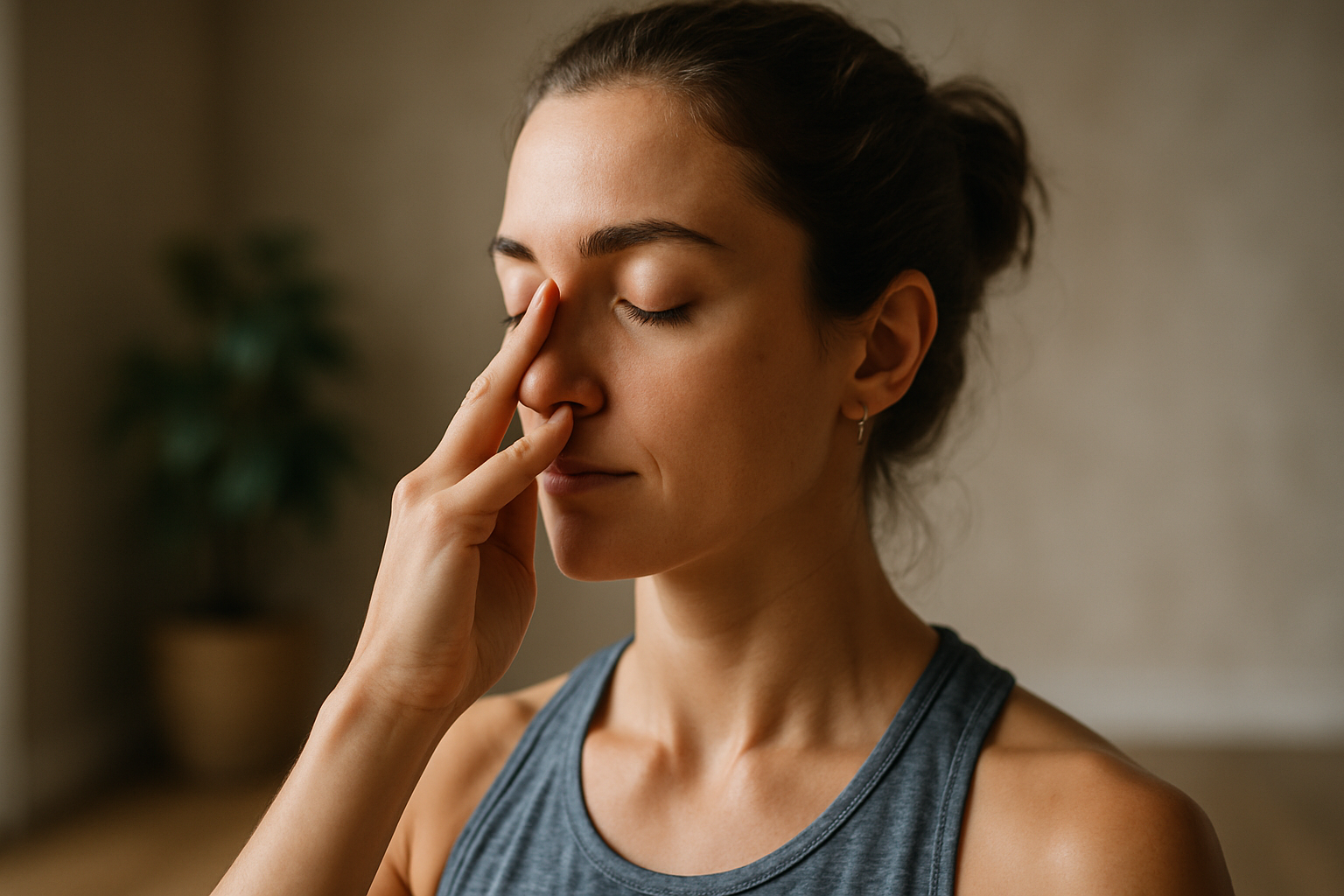Community-based practices that foster emotional resilience
Community-based practices can strengthen emotional resilience by combining social connection with practical routines. Shared activities—from group walks to collective meal preparation and mindfulness circles—help people manage stress, improve sleep patterns, stabilize energy, and develop healthier habits that support recovery and focus in everyday life.

Communities offer practical structures that help people manage emotional challenges and build resilience. When neighbours, coworkers or interest groups adopt shared routines—such as regular meetups, collective exercise sessions, or communal cooking—they create predictable social anchors that reduce acute stress and support better sleep and recovery. These practices reinforce healthy habits, provide informal accountability for nutrition and movement, and offer spaces to practise breathing and mindfulness. Over time, consistent community engagement can stabilize energy levels, sharpen focus, and encourage ergonomics and boundaries that prevent burnout while strengthening overall resilience.
This article is for informational purposes only and should not be considered medical advice. Please consult a qualified healthcare professional for personalized guidance and treatment.
Stress and community support
Community settings create practical ways to reduce stress without requiring clinical intervention. Shared activities, peer listening groups and volunteer efforts give people opportunities to name and normalize stressors, which in turn lowers physiological arousal. Simple practices—check-ins before meetings, buddy systems for difficult tasks, or communal problem-solving—can preserve cognitive resources and improve focus. These social supports also model boundary-setting: when groups respect time and role limits, individuals learn to protect energy and maintain routines that buffer against chronic stress.
Sleep-friendly group routines
Groups can encourage sleep hygiene through collective routines that cue relaxation and recovery. Examples include evening walking groups, guided relaxation sessions, or community calendars that limit noisy events late at night. When a local group promotes consistent bedtimes or wind-down practices such as gentle breathing exercises, members are more likely to restore sleep cycles. Better sleep supports concentration and emotional regulation, making it easier to sustain healthy habits and respond resiliently to setbacks.
Nutrition and shared cooking
Shared meals and community cooking initiatives make nutritious eating more accessible and social. Cooking classes, co-op kitchens or potluck rotations expose people to balanced options and reduce decision fatigue around food choices. Eating together can slow consumption, improve digestion and encourage mindful eating practices that support steady energy and recovery. These settings also provide informal education about nutrition, helping individuals integrate dietary habits that influence mood, sleep and cognitive focus.
Movement, exercise and ergonomics
Collective movement opportunities—walking clubs, group exercise classes or workplace stretch breaks—promote regular activity and reduce sedentary strain. When communities prioritize ergonomics, they help members adjust workstations and daily tasks to reduce physical stress that can exacerbate emotional strain. Regular exercise in a social setting enhances motivation and reinforces habit formation, supporting consistent energy levels and physical recovery, both of which contribute to emotional resilience.
Mindfulness, breathing and focus
Community-led mindfulness groups and guided breathing sessions teach practical techniques for managing acute stress and improving attention. Practising focused breathing in groups can lower immediate anxiety and build a shared vocabulary for emotional regulation. Short, repeated mindfulness practices—done communally or in buddy pairs—can translate into better everyday focus and greater capacity to tolerate discomfort without reactive behaviours, strengthening resilience through incremental skill development.
Habits, boundaries and sustainable recovery
Sustainable resilience depends on habits and boundary-setting that communities can help establish and maintain. Peer accountability encourages consistent routines—such as scheduled rest periods, recovery days after intense work, and limits on after-hours communication—that protect mental energy. Community norms that reward rest and model healthy boundaries reduce stigma around recovery and make it easier for individuals to prioritize self-care without social cost, reinforcing long-term emotional well-being.
Community-based practices combine social connection with concrete skills—sleep-friendly routines, shared nutrition efforts, movement, mindfulness, and clear boundaries—to create environments where resilience can grow. By integrating these elements into everyday group life, communities help members manage stress, sustain energy, and maintain focus while supporting recovery and ergonomic health. These practical approaches complement professional care and offer accessible pathways for many people to build emotional resilience.





